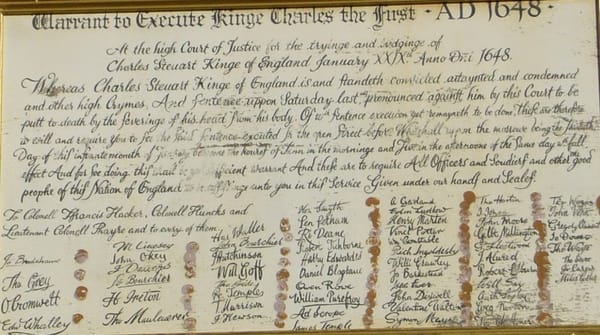Vince Gilligan’s Lost World

Before Better Call Saul refined moral ambiguity into art, and long after Breaking Bad made chemistry feel biblical, Vince Gilligan tried something smaller.
It wasn’t a cartel epic or a moral tragedy—it was a cop show.
In early 2015, CBS aired a thirteen-episode series called Battle Creek, a procedural born from a forgotten 2002 script Gilligan wrote before Breaking Bad ever existed.
Its leak in the 2014 Sony hack revealed a creative crossroads that almost changed his career.
The Script That Time Forgot
The Battle Creek pilot lived quietly on Sony’s servers for over a decade.
Gilligan had pitched it to CBS in the early 2000s—a darkly comic buddy-cop drama set in Michigan’s most average city—but the network passed.
After Breaking Bad turned him into Hollywood’s moral philosopher of crime, Sony resurrected the script.
David Shore, creator of House M.D., came aboard as co-showrunner.
Filming began in 2014, just as Gilligan was preparing Better Call Saul for AMC.
Then came the Sony breach.
Among the thousands of leaked documents was a folder marked “Battle Creek Pilot – Confidential.”
Inside: early drafts, casting notes, budgets, and shooting schedules.
For the first time, fans could see the alternate path their favorite storyteller almost took.
A Comedy of Morals
The leaked pilot script read like a mirror universe to Breaking Bad.
Detective Russ Agnew (Dean Winters) is cynical, broke, and allergic to optimism.
When the FBI sends Milt Chamberlain (Josh Duhamel)—handsome, idealistic, armed with gadgets—to “help,” their mismatched partnership becomes the show’s engine.
Instead of meth labs and moral collapse, Gilligan wrote sarcasm and small-town pragmatism:
how to fight crime when your budget can’t afford printer ink.
The tone was pure Gilligan—funny, empathetic, and suspicious of institutions.
But CBS scheduled it beside NCIS reruns.
The audience expecting clean resolutions got irony instead.
Critical Cheers, Commercial Silence
When Battle Creek premiered on March 1, 2015, critics were kind.
Rotten Tomatoes rated it 95 percent fresh; Variety called it “smart, funny, and superbly acted.”
Viewership averaged just under six million—respectable for cable, weak for network primetime.
By May, CBS canceled it after one season.
Gilligan’s name moved on to Saul, and Battle Creek drifted into cult obscurity.
Yet the show’s DNA persists.
Its weary optimism—the belief that decency can survive bureaucracy—foreshadowed Saul Goodman’s slow moral erosion.
It proved that Gilligan’s interest was never just crime; it was character under constraint.
What the Leak Showed
The Sony files offered more than scripts.
They exposed the financial anatomy of a “mid-tier” drama:
roughly $30 million for the full season, modest by network standards, and a detailed breakdown of tax incentives from the state of Michigan.
Internal memos debated whether to market the series as “a quirky procedural” or “a prestige dramedy.”
Even in secrecy, Hollywood couldn’t decide how to classify sincerity.
Leaks often humiliate corporations; here, they revealed craftsmanship.
Gilligan’s drafts showed revisions by Shore tightening dialogue and trimming cynicism.
The correspondence between producers reads like a creative negotiation between two eras of TV—2000s irony and 2010s auteurism.
The Road Not Taken
If Battle Creek had thrived, Gilligan might have stayed in network television, writing moral comedies instead of existential tragedies.
Instead, its quiet failure pushed him deeper into the cinematic ethics of Better Call Saul—a series that asks what honesty costs.
Sometimes a career survives because a show doesn’t.
The Moral of the Midwestern Noir
Revisiting Battle Creek today feels like uncovering a fossil from an alternate media timeline:
a show that believed decency could still be dramatic, that small stakes could still reveal the human condition.
It’s not as famous as Albuquerque’s deserts, but in its fluorescent precincts, Gilligan’s obsession with morality flickered just as bright.
This article was produced with the assistance of AI tools under human direction and editorial oversight. Learn more.




